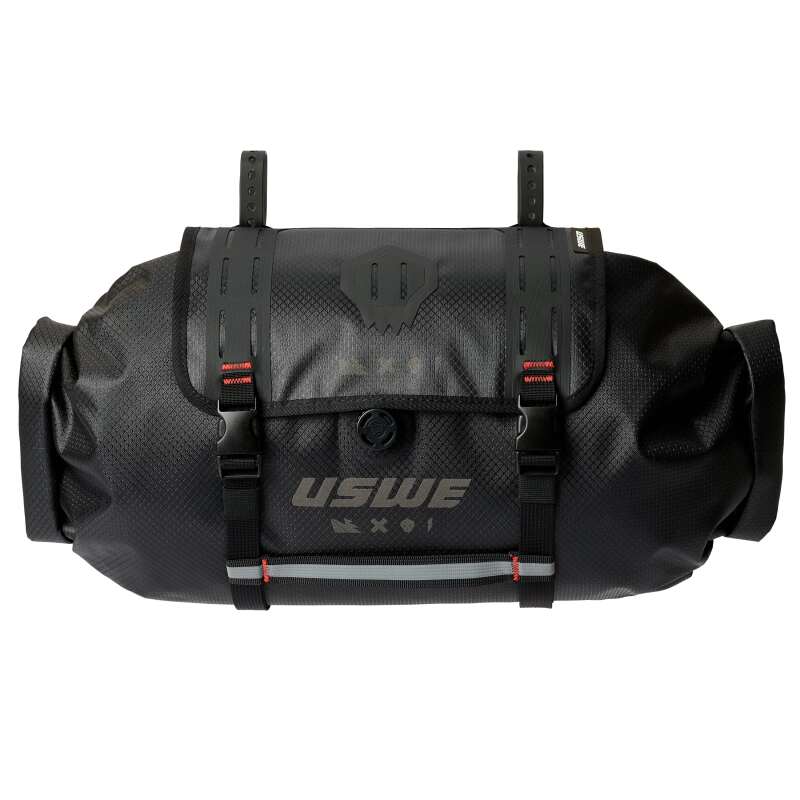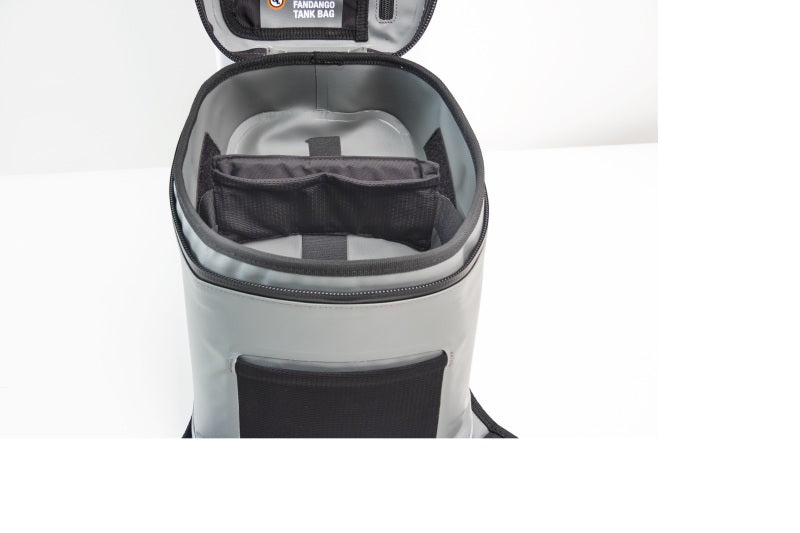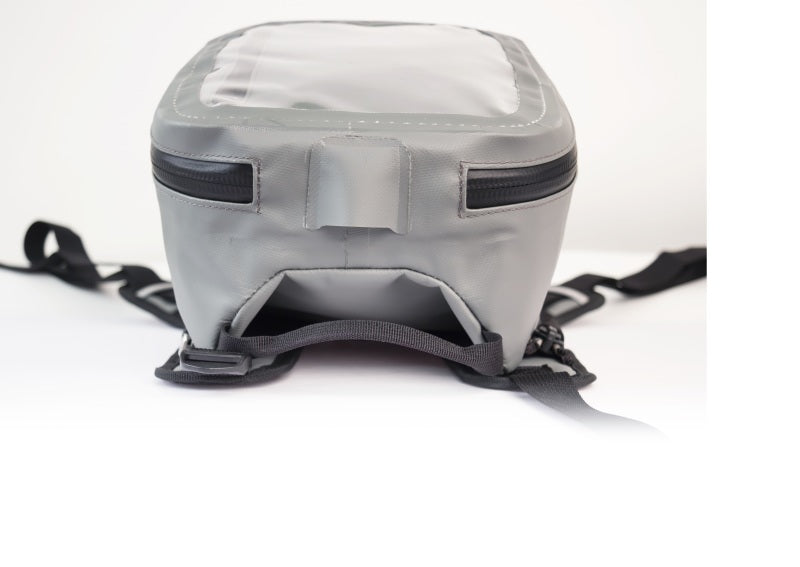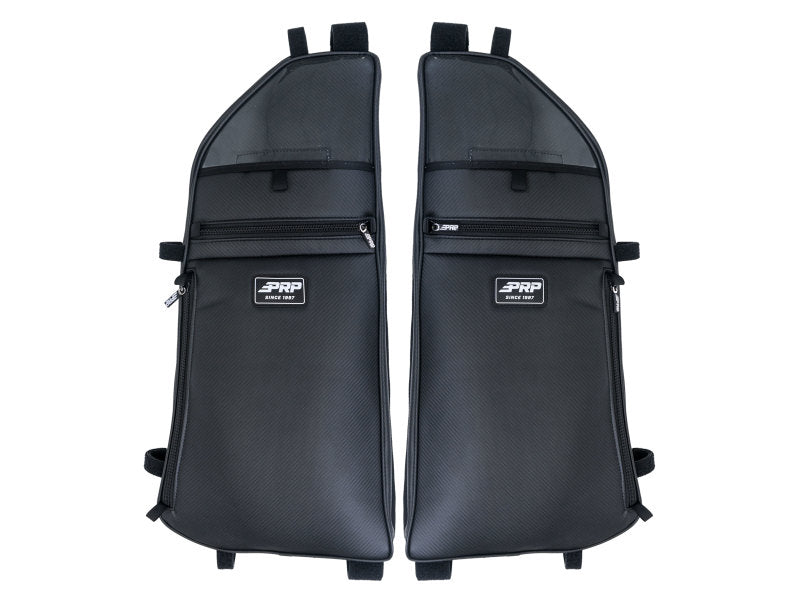Car air filters have changed a lot. They used to be simple, but now they are made with better materials that catch more dirt without blocking air flow. Some new filters can even tell you when the air quality changes, helping your car run better and last longer.
Cars now also have special filters to clean the air inside, making it healthier and nicer to breathe. Laws about the environment have made companies make these better filters, which help reduce pollution and save gas. These improvements in air filters are good for the planet, your health, and can even save you money.
Key Takeaways
- Newer models incorporate advanced materials, enhancing durability and filtration efficiency without compromising airflow.
- Integration of HEPA filters and cabin air purification systems ensures a cleaner, safer driving experience.
- Implementation of smart filters and sensors allows for real-time air quality monitoring and predictive maintenance alerts.
- Innovations in filter design optimize airflow dynamics, improving engine efficiency and reducing environmental impact.
- The use of nanotechnology and multi-layered filtering systems enhances pollutant trapping capabilities, ensuring a healthier cabin environment.
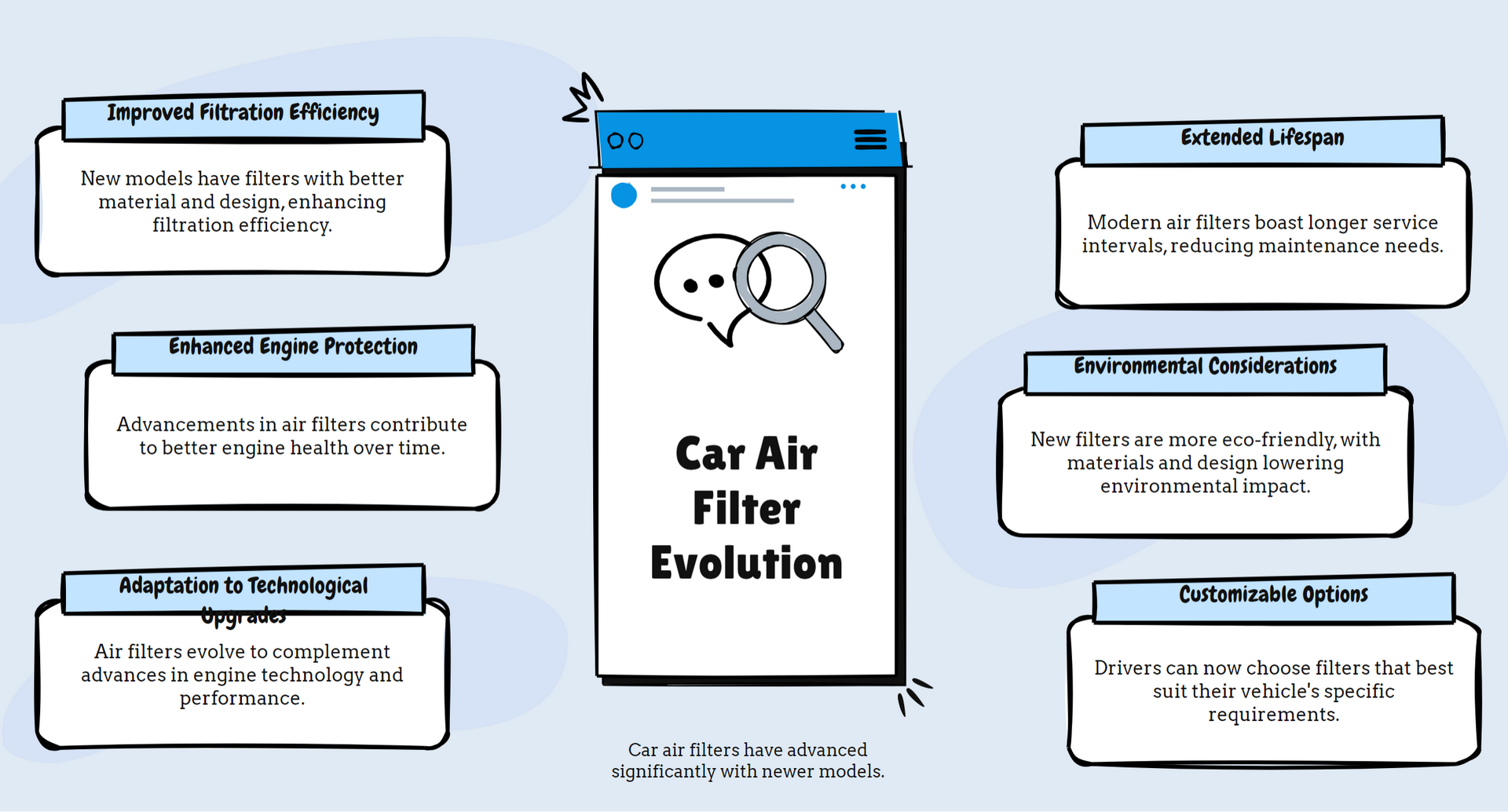
The Early Days of Filtration
In the early days of cars, companies didn't know how important air filters were for engines. At first, they used basic oil bath filters, which caught dirt and dust in oil as air went through to the engine. This method was simple but messy and needed a lot of upkeep.
Later, they started using cotton gauze filters, which were a big improvement. These filters, made of cotton layers, let more air into the engine while still catching bad particles. This was an important step in making car air filters better.
Advancements in Material Science
New advancements in the study of materials have greatly improved air filter technology, making engines more protected and efficient. By using new combined materials and 3D printing, we can now make air filters that last longer and filter better without affecting how well the engine works or how much air it gets.
This progress is important for sticking to today's strict pollution rules while keeping cars running as efficiently as possible.
The Rise of High-Efficiency Filters
High-efficiency air filters are great for cars because they make engines cleaner and last longer. These filters catch more dirt than the regular ones, which helps your car run better and keeps the engine in good shape for longer.
However, these better filters need to be looked after carefully. They might cost more at first, but they save you money in the long run by making your engine wear out slower and use less fuel. It's important to check the filters often and change them when needed to keep your car running well.
But, it's also important to think about the cost. Buying high-efficiency filters means you have to take care of them, but the benefits for your car's health and how it runs are worth it.
Integration of Cabin Air Purification
Car makers have added air cleaning systems inside cars to make the air healthier and more comfortable for passengers. These systems use HEPA filters, which are really good at catching tiny dirt particles, similar to those used in homes and offices. Now, cars can have air as clean as inside a house.
The newest cars also have a feature that lets you add scents to the air, making the car smell nice and improving the driving experience.
These improvements have made car interiors much cleaner and more enjoyable places to be, making trips healthier and more fun.
Impact of Environmental Regulations
Laws about the environment have made car companies create better air filters to make cars pollute less. Governments have made rules stricter, so car makers have to improve how they clean the air or they'll get fined.
Also, when car companies use new technology to make air cleaner, they can get special benefits like tax breaks. This means cars not only work better but are also better for the planet.
Innovations in Filter Design
Advancements in filter design have revolutionized how cars cleanse air, guaranteeing your vehicle's emissions are cleaner than ever before. By incorporating cutting-edge manufacturing methods, these new designs greatly improve filter lifespan, making them an important component in reducing your car's environmental footprint.
Here's how:
- Improved Filter Materials: Advanced materials capture more pollutants, extending the filter's effectiveness.
- Innovative Construction Techniques: Enhanced manufacturing methods ensure tighter seals, preventing unfiltered air from bypassing.
- Optimized Airflow Dynamics: Design alterations make easier smoother airflow, improving engine efficiency.
- Eco-Friendly Production: Sustainable manufacturing processes reduce waste and energy consumption.
These innovations not only contribute to a healthier planet but also safeguard your car's performance, demonstrating the profound impact of modern filter design.
Multi-Layered Filtering Systems
Modern air filter technology has improved with the introduction of multi-layered filtering systems. These systems use various layers of filters, each designed to capture different sizes of particles, making air purification in cars much more efficient.
This approach enhances filter lifespan by distributing the filtration load across multiple layers, thereby reducing the frequency of replacements. However, this complexity introduces installation challenges. You'll need to make sure each layer is correctly placed and secured, as an incorrect setup can compromise the system's efficiency.
Mastering the installation process is essential, as it directly impacts the performance and longevity of your car's air filtration system, ensuring a cleaner, healthier cabin environment.
Smart Filters and Sensors
Smart filters and sensors are advanced tools that help keep your car's air clean by constantly checking and improving its quality. They are a big step forward in making sure the air inside your car is healthy and clean.
- Real-time filter monitoring: Keeps you updated on the health and efficiency of your air filter, prompting timely replacements or cleanings.
- Sensor calibration: Ensures the sensors are finely tuned to detect even the slightest changes in air quality, maintaining peak performance.
- Automatic adjustments: The system can adjust filter operation based on air quality data, optimizing cleanliness and airflow.
- Predictive maintenance alerts: Warns you of potential filter or sensor issues before they compromise air quality, ensuring uninterrupted protection.
Master these technologies to guarantee your vehicle remains a sanctuary of purity on the road.
The Role of Nanotechnology
Nanotechnology is making car air filters much better at catching even the tiniest dirt and pollutants. These high-tech filters use special methods to grab particles that are super small, making the air in your car much cleaner and healthier.
It's not just about trapping more dirt; it's about making the inside of your car a better place to be. Also, by changing the surface of the filter materials at a very small scale, engineers can make these filters catch particles more easily without blocking the flow of air.
So, your car's air filter not only cleans the air better but also works smoothly without making your car's ventilation system work harder.
Future Trends in Air Filtration
In the future, car air filters are going to change the way we breathe when we drive. As you look into the latest in car technology, you'll find new trends that will make driving better. Here's a quick look at what's coming:
- Innovative use of electrostatic attraction to capture even the finest particles from the air.
- Integration of biodegradable materials in filters, promoting environmental sustainability.
- Smart filters capable of self-cleaning, reducing maintenance needs.
- Advanced sensors to monitor air quality in real-time, ensuring peak filtration efficiency.
These trends help make the air cleaner and make car technology more sustainable, making your travels better for the environment.
Frequently Asked Questions
How Does the Maintenance Frequency of Car Air Filters Change With Newer Technologies?
As newer technologies emerge, you'll notice a longer filter lifespan, reducing your maintenance costs considerably. This means less frequent checks and replacements, allowing you to focus on optimizing your car's performance and efficiency.
Can Older Car Models Be Retrofitted With the Latest Air Filter Technologies, and How Cost-Effective Is It?
You can retrofit older car models with the latest air filter technologies, but you'll face challenges. The cost analysis often reveals it's not as cost-effective as hoped, due to compatibility issues and labor expenses.
How Do Air Filter Technologies in Cars Compare to Those in Industrial or Home Air Purification Systems?
Car air filter technologies focus on compactness and efficiency, using advanced filter materials to match purification efficiency of larger industrial systems. You'll find their design prioritizes space-saving without compromising on air quality.
Are There Significant Differences in Air Filter Technology Applications Between Electric Vehicles and Traditional Internal Combustion Engine Vehicles?
Yes, there're significant differences. Electric vehicles focus on electric efficiency and use advanced filter materials that last longer and perform better, reflecting their unique needs compared to traditional internal combustion engine vehicles.
What Are the Most Common Challenges Consumers Face When Trying to Upgrade Their Car's Air Filter Technology on Their Own?
You'll often struggle with filter compatibility and installation difficulties when upgrading your car's air filter technology. Mastering these challenges requires understanding your vehicle's needs and sometimes seeking professional assistance to guarantee a perfect fit.

